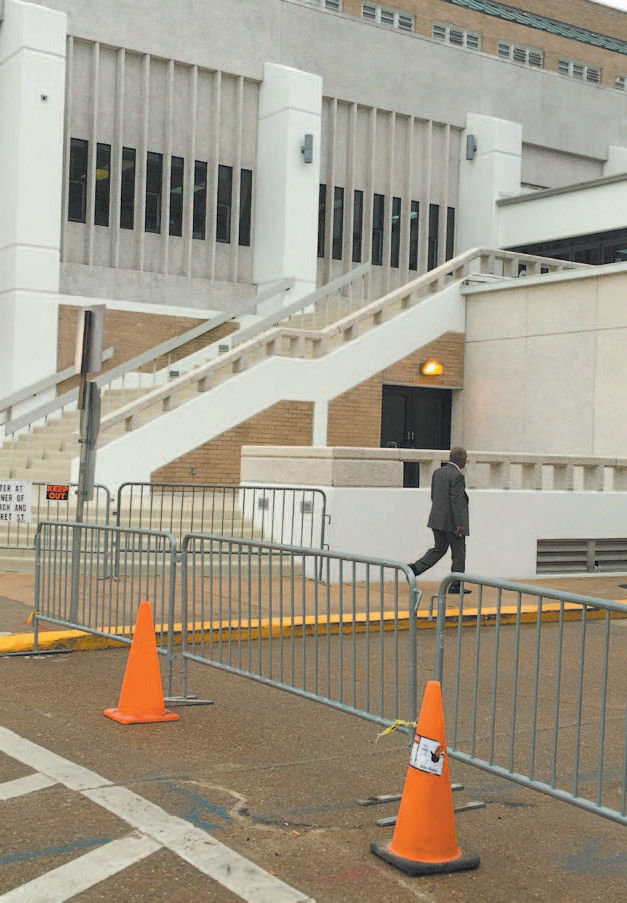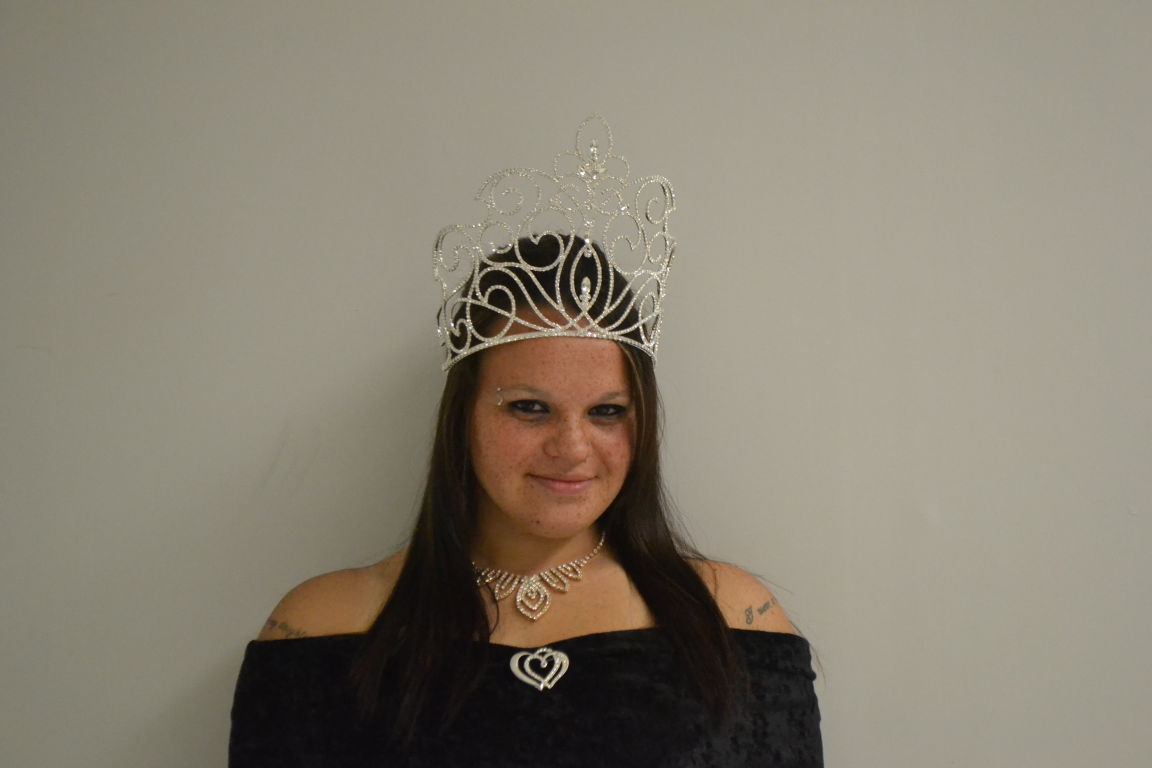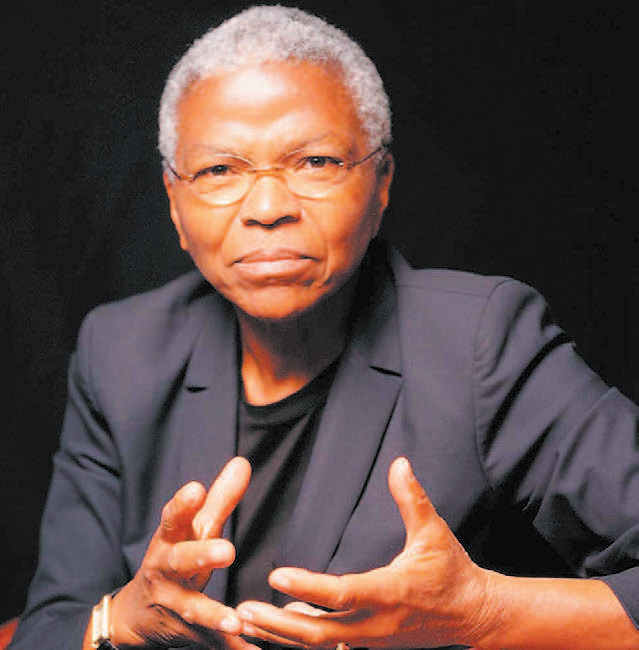
Courthouse lockdown served as a dry run for change in Terrebonne
February 4, 2016
Krewe de Bonne Terre moves parade to Sunday
February 5, 2016Inequality among races is part of a capitalist economy, but something that can be smoothed around the edges if Americans strive for fairness and justice for all, according to longtime civil rights activist Dr. Mary Frances Berry.
Berry, who is a Geraldine R. Segal professor of American Thought at the University of Pennsylvania, shared her views on the dream of diversity and opportunity in the 21st Century Monday during the kick-off event to Nicholls State University’s African-American History Month celebration.
During the hour-long discussion, Berry, who previously chaired the U.S. Civil Rights Commission and was the first woman to head a major research university at the University of
Colorado at Boulder, focused heavily on the barriers that persist for the disadvantaged and impoverished in America, despite the leaps and bounds made toward becoming a more forward-thinking, inclusive country. Inequality is, however, part of a capitalist economy, Berry said, but something we can smooth the edges on if we strive for more fairness and justice for everyone.
Among the “headwinds” pushing against potential opportunity, Berry touched on the issues of ongoing war and a sagging economy, which translates into increased unemployment and lower wages for those that do find work.
“Janet Yellen, who runs the Federal Reserve Board, keeps telling us to look inside the numbers that she has and that things are getting better and that if we just wait, employment will get better again,” Berry explained. “But if you look, you will see that even people that are working don’t make the money they should make. We talk about a living wage and there are low wages for many of the jobs that are opening up, not enough for people to pay their rent and to buy their food and to take care of their families.”
Much of the struggle also lies in the lack of education, specifically those that drop out somewhere along the way and are ultimately forgotten. Much of the child poverty and incarceration rates, Berry said, are directly tied to those that have lost their way.
“I care more about those who are lost,” she explained of discussions she has had with schools that often focus more on those succeeding than the ones struggling. “What happened to them? They are the people who go to jail. They are the people who live in socially dysfunctional families who never make it. Their families never make it… If you have a school where nobody pays attention to a child, every child, and sometimes teachers can’t because there are too many kids, and nobody helps them and the kid has some problems or needs to be inspired or needs to be approached in a different way, then eventually they’re going to go to sleep or drop out or go do something dysfunctional and never show up again.”
Although immense progress has been made in her lifetime, noting decisions like legalizing gay marriage among the steps forward, she said some decisions have made things even trickier.
For example, cultivating more diverse groups, be it in higher education or employment, has brought forth more inclusive pockets of people but the word diversity has lost a bit of its meaning because it is so often used. However, the idea is still relevant and one that should continue to be worked on.
“Diversity is an inclusion of nice words but is not the Holy Grail,” the professor said. “What we should do then is continue to work on these issues and try to do something about them. There are many other things that are barriers to opportunity. Of course, we should vote.”
“That’s not going to solve all of the problems, but the thing I want to say to you is that the whole history of social change, remember this, is that you vote, you do whatever you can, but you also must protest when somebody is doing what you think is counterproductive because protest is an essential ingredient to politics.”
African-American History Month events continue throughout February on the Nicholls campus.
Dr. Mary Frances Berry spoke of diversity and opportunity during Monday’s lecture at Nicholls.






